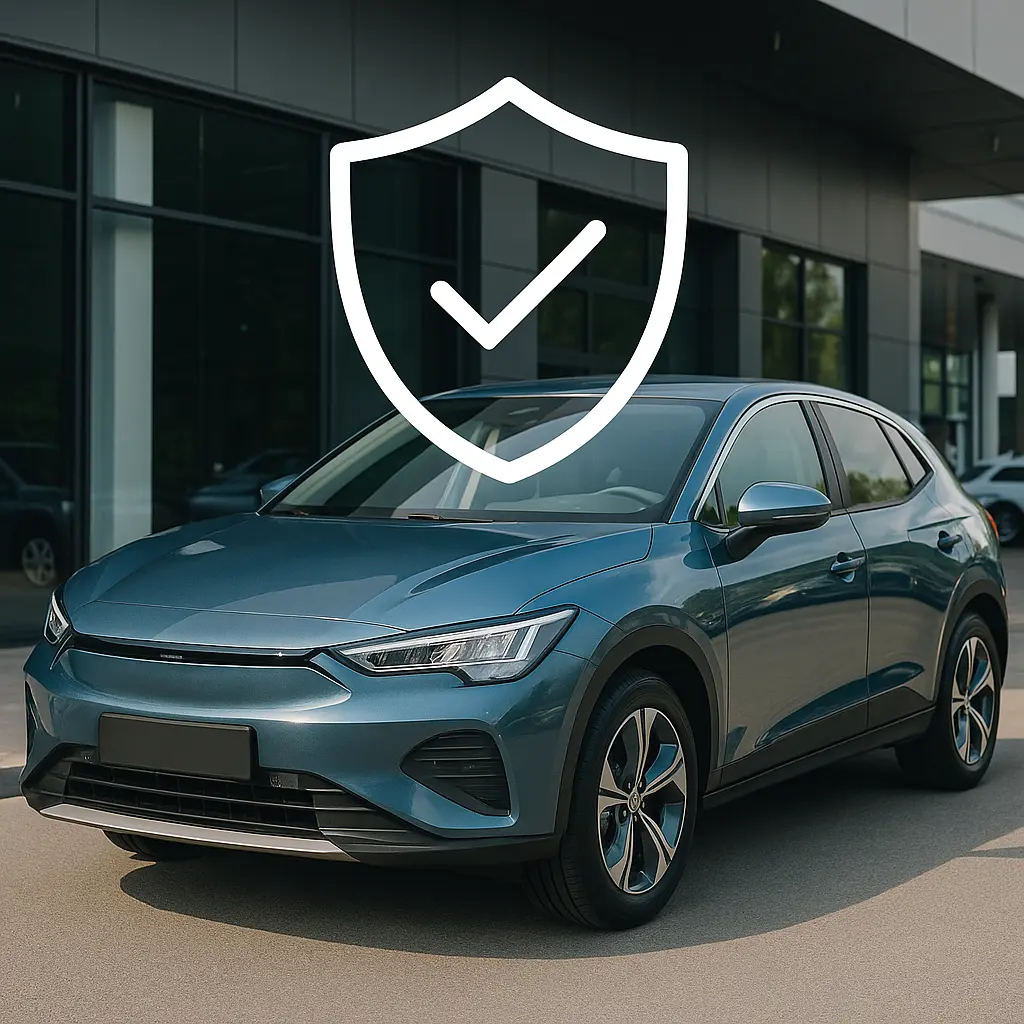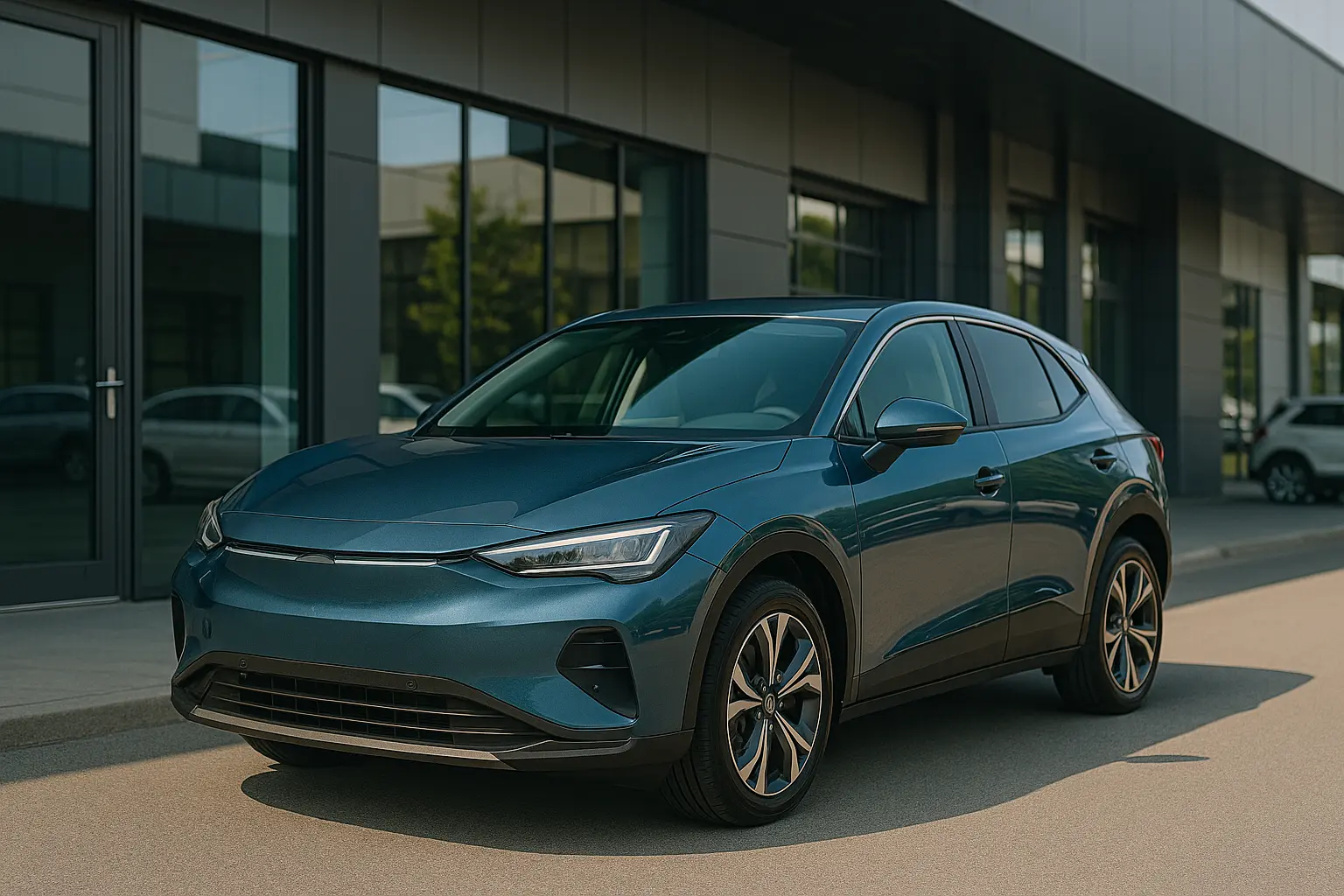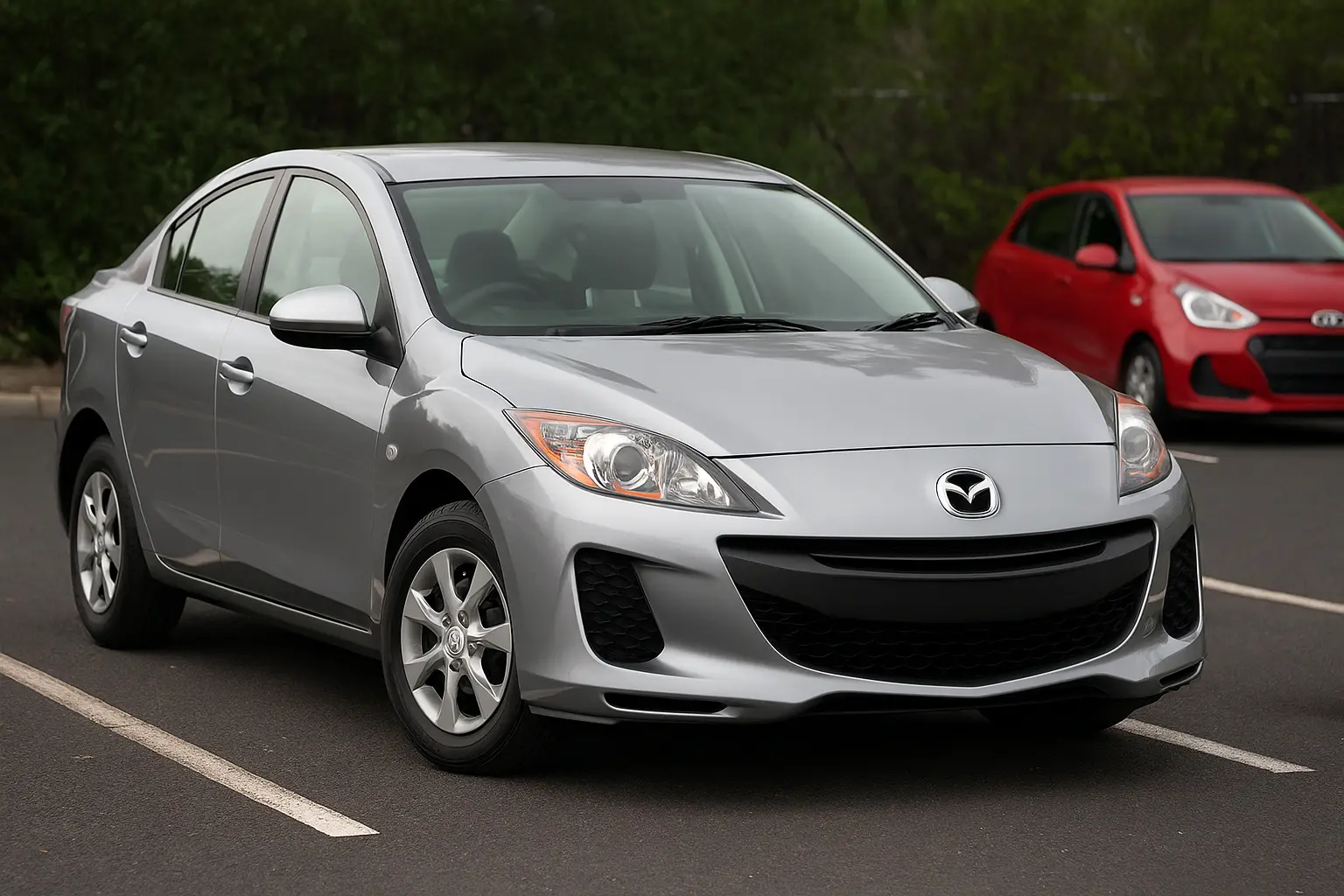Buying a new or used car is a big investment, and one of the most common questions buyers in Australia face is about warranties. What exactly does a car warranty cover? Are extended warranties worth paying for? And how do you know when coverage truly benefits you versus when it’s just an added cost?
In this comprehensive guide, we’ll unpack car warranties in Australia — from factory coverage to extended plans, common exclusions, costs, and practical tips for making the right decision. Whether you’re purchasing a new SUV, a budget hatchback, or even a used vehicle, understanding warranty terms can save you thousands in unexpected repair bills.

What is a Car Warranty?
At its simplest, a car warranty is a promise from the manufacturer (or in the case of extended warranties, sometimes from a dealer or third party) to repair or replace certain parts if they fail within a set period. It acts like a safety net against defects in materials or workmanship.
In Australia, warranties are also shaped by Australian Consumer Law (ACL), which gives you consumer guarantees regardless of what the warranty document says. That means even if your official warranty has expired, you may still have rights if a fault occurs earlier than reasonably expected.
Key types of warranties you’ll encounter:
- Manufacturer Warranty (Factory Warranty): Included when you buy a new car.
- Extended Warranty: An optional add-on to extend coverage beyond the factory period.
- Used Car Warranty: Dealer-provided coverage when buying certain second-hand vehicles.
Manufacturer Warranties in Australia
Most major brands now offer strong manufacturer warranties, with coverage ranging between 5 to 10 years depending on the carmaker.
- Toyota, Mazda, Hyundai, Kia: Typically 5-7 years, unlimited km for private use.
- Mitsubishi: Known for its 10-year conditional warranty (with servicing done at dealers).
- Luxury brands (BMW, Audi, Mercedes): Generally 3-5 years, often with capped mileage.
Manufacturer warranties usually cover:
- Engine, transmission, and drivetrain defects.
- Electrical systems and safety components.
- Paint and rust perforation (sometimes separate “anti-corrosion” warranties).
However, they don’t cover wear-and-tear items like tyres, brake pads, or batteries beyond a short period.
Extended Warranties Explained
An extended warranty continues protection once your factory warranty ends. In Australia, you’ll see these offered:
- Dealer Extended Warranty: Sold at the time of purchase, often bundled with finance deals.
- Third-Party Warranty Providers: Independent companies offering plans that vary in scope.
- Manufacturer-Backed Extended Warranty: Considered the most reliable, as it extends the factory terms.
Benefits include:
- Peace of mind for long-term car ownership.
- Potentially higher resale value (buyers trust cars still under warranty).
- Coverage for major, costly repairs after the initial period.
But downsides exist too:
- Expensive upfront cost (sometimes $1,500–$3,500 in Australia).
- Restrictive servicing requirements (must use specific workshops or dealers).
- Many exclusions hidden in fine print.
What’s Covered Under Car Warranties?
While coverage differs across providers, most warranties cover:
- Powertrain: Engine, gearbox, differential.
- Electronics: Infotainment systems, sensors, wiring failures.
- Air conditioning & climate control.
- Suspension components (except normal wear).
- Factory-installed accessories.
Additional inclusions can sometimes cover roadside assistance, towing, or even replacement vehicles while your car is being repaired.
Common Warranty Exclusions
Warranties sound reassuring, but exclusions are where surprises often lie. These may include:
- Wear-and-tear parts: brake pads, clutches, tyres, wiper blades.
- Damage due to misuse: racing, off-road use (unless specifically covered).
- Lack of proper servicing or use of non-approved parts.
- Modifications or aftermarket accessories.
- Accidental damage or environmental factors (floods, storms, etc.).
In other words, warranties aren’t catch-all insurance policies — they’re limited promises around manufacturing defects.
Warranty vs Insurance
It’s easy to confuse a warranty with car insurance. They work differently:
- Warranty: Covers manufacturing defects or premature failures of covered parts.
- Insurance: Covers accidental damage, theft, and third-party liability.
For example, if your engine dies due to a factory defect, warranty may cover it. But if you crash and damage the engine, insurance (not warranty) applies.
The True Value of Extended Warranties
Many Australians ask: Are extended warranties worth it? The answer depends on your situation.
Extended warranties are more valuable if:
- You plan to keep your car for 6–10 years.
- The car is known for costly repairs (luxury European models often fall here).
- You want added resale appeal.
But they may not be worthwhile if:
- The manufacturer already provides a long 7–10 year coverage.
- You upgrade cars every 3–5 years.
- The cost of the warranty exceeds likely repair costs.
Tips Before Buying an Extended Warranty
- Read the fine print: Check exclusions carefully.
- Compare providers: Third-party vs manufacturer vs dealer.
- Calculate cost vs risk: Balance warranty price against expected repairs.
- Check servicing requirements: Missing a service can void coverage.
- Leverage consumer guarantees: Remember, ACL still protects you.
Warranties on Used Cars
If buying a used car from a licensed dealer in Australia:
- Vehicles less than 10 years old and with under 160,000 km may come with a statutory warranty (3 months or 5,000 km).
- Private sales generally don’t include any warranty (buyer beware).
- Extended warranties for used cars are available, but coverage tends to be limited.
The Role of Servicing in Warranty Validity
Regular servicing is critical to keep your warranty valid. Common conditions include:
- Using authorised service centres or following manufacturer service schedules.
- Keeping records of all services and repairs.
- Using approved fluids and parts.
Skipping even one scheduled service can void coverage, so it’s essential to stay on track.
How Warranties Affect Car Resale Value
When reselling, a valid warranty can:
- Increase buyer confidence.
- Speed up the sale process.
- Add value compared to cars out of warranty.
Buyers often view cars with remaining factory coverage or transferable extended warranties as lower-risk investments.
Warranties & Electric Vehicles (EVs)
With EVs growing in popularity in Australia, warranties are especially important:
- Battery warranties usually cover 8 years or 160,000 km (whichever comes first).
- Coverage ensures battery health remains above a certain percentage (often 70%).
- EV component warranties (motors, charging systems) may differ from petrol/diesel models.
Since EV repairs can be extremely costly, warranty coverage is a major selling point for electric car buyers.
The Psychology of Peace of Mind
Part of the value of warranties is psychological. Knowing that major repairs are covered reduces stress for many owners. Even if the financial benefit is debatable, the reassurance can make ownership more enjoyable.
Making the Right Choice
So, is an extended car warranty worth it? Ultimately, it depends on your car type, ownership plans, and tolerance for risk.
- For short-term owners: Factory coverage and ACL are usually enough.
- For long-term owners or luxury buyers: Extended warranties may be worth the cost.
- For budget-focused buyers: Careful savings for potential repairs may be smarter.
The golden rule: never buy a warranty blindly. Read the contract, compare options, and weigh the costs.
Conclusion
Car warranties play a vital role in protecting Australian car buyers — but they’re not all equal. Manufacturer warranties offer strong initial protection, while extended warranties can be valuable in specific scenarios. Understanding what’s covered, what’s excluded, and how warranties fit with insurance ensures you make smarter, cost-effective decisions.
Whether you’re buying new, considering extended coverage, or weighing up a used car purchase, taking the time to decode warranty details can prevent costly surprises and give you genuine peace of mind on the road.
Leave a comment
Your email address will not be published. Required fields are marked *




















